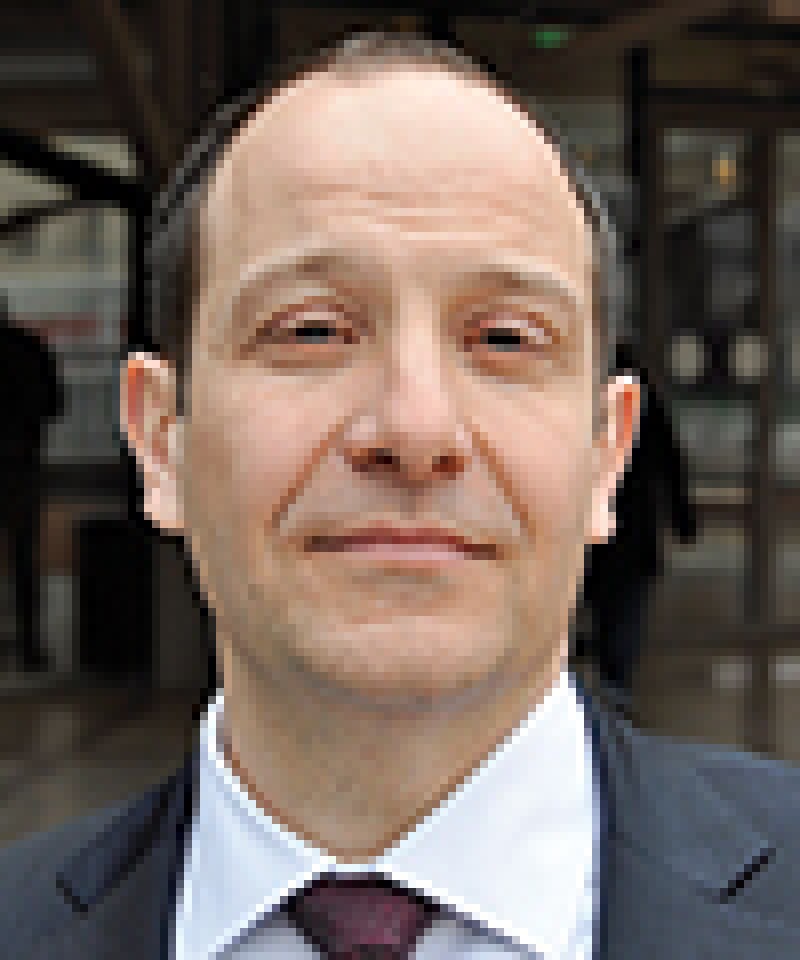
|

|
Jacques Kistler |
Jean-Pierre Page |
As part of the so-called Swiss Corporate Tax Reform III (CTR III), likely to enter into force on January 1 2019, all special corporate tax regimes, such as mixed, holding or principal company regimes, will be phased out and replaced by other measures.
Geneva put together a competitive plan on how to implement CTR III to ensure that the canton remains attractive, both for existing multinationals and for companies looking to migrate to the canton of Geneva. The key features of the plan are as follows:
Reducing the corporate income tax rate from 24.2% to 13.49%;
Introducing a patent box regime for cantonal/communal tax purposes for qualifying patent income, following the modified nexus approach under BEPS Action 5;
Introducing R&D super deductions of up to 150%;
Providing an income tax credit against cantonal/communal capital tax, a reduced capital tax rate of 0.01% on equity that is underpinning participations, patent box related assets and intra group loans;
Introducing a notional interest deduction (NID) at the federal level, but not at the cantonal/communal level;
Limiting the benefit of various tax incentives to ensure an effective tax rate of at least 13%, which can be further reduced if the taxpayer can apply the NID at a federal level; and
Introducing an additional 0.3% levy on the cantonal income tax rate to create a fund to support innovation. The levy will apply for the first five years from when CTR III enters into force.
The tax law will be introduced into the Geneva parliament, most likely in November 2016, with an expected vote in the spring of 2017. The vote by the Geneva lawmakers is expected by the end of 2017, so that the law would be ready when CTR III is introduced, most likely on January 1 2019.
Jacques Kistler (jkistler@deloitte.ch) and Jean-Pierre Page (jepage@deloitte.ch)
Deloitte Switzerland
Tel: +41 58 279 8164 and +41 58 279 8209
Website: www.deloitte.ch










